HOW AROMATHERAPY WORKS
What’s really happening when you stop to smell the roses?
Scents are like everything else in the world — they are made of molecules. When you inhale the scent of a rose, you’re actually inhaling molecules the rose releases into the air.

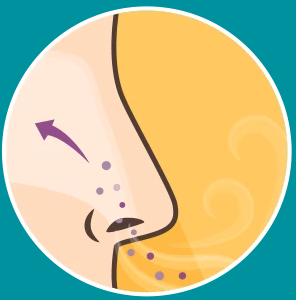
These molecules travel up in your nose and get stuck to your olfactory membrane, which contains highly specialized nerve endings called olfactory receptors. There are millions of olfactory receptors, and they can recognize millions of different scent molecules.
Once these nerves recognize a particular scent molecule, they send a signal to your olfactory bulb, which signals your cortex and limbic system.
The cortex is where you process information — it’s the center of your thoughts, perception, creativity, and language. Olfaction happens to be the only one of your five senses that affects your cortex directly. The other senses all have to pass through the thalamus to be processed. That’s why scents can evoke such immediate reactions.
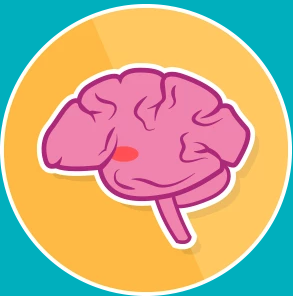
Essential oil aromatherapy affects hormones and your body’s stress response
Next, hormones and neuro chemicals are released. You probably know that different hormones and neuro chemicals create different reactions in your body. So if a rose reminds you of romance, you’re going to be flooded with romantic thoughts and sensual sensations.
If lavender relaxes you, as it does for many people, your brain creates soothing neuro chemicals, and your body is filled with relaxing hormones.
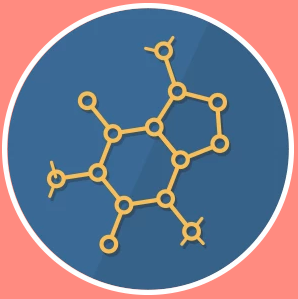
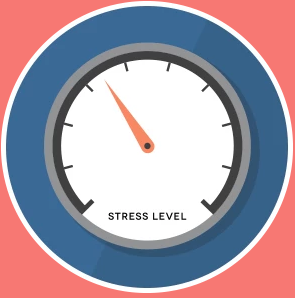
“Relaxation mode” means your parasympathetic nervous system is engaged — this is the opposite of your “fight-or-flight” stress response.
When you’re in the stress response, everything goes into overdrive. Your body is flooded with adrenaline and cortisol. Adrenaline increases your heart rate and blood pressure, while cortisol reduces the function of body systems that aren’t essential in fight-or-flight situations — like the immune system.
The parasympathetic response works in the opposite way. It releases relaxing, feel-good hormones and allows your body to rest, restore, and heal.
Aromatherapy can affect immune function and overall health by helping to activate the parasympathetic response, but it also has a more direct impact

So how does your body actually absorb and use essential oils?
When you inhale aromatherapy essential oils, the molecules are absorbed into your body through your nasal passage, olfactory membrane, sinuses, trachea and lungs. When you apply aromatherapy essential oils to your skin, you also absorb the molecules that way. The skin is great at keeping things out, but it’s also great at absorbing fatty, lipid-like substances, like oils. (That’s why you really want to be careful what you put on your skin!)
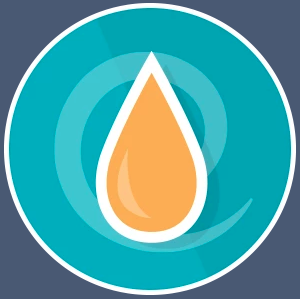
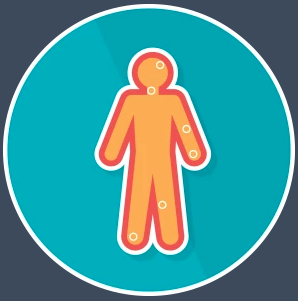
Applying aromatherapy oils to pulse points is so effective because the skin is positioned right above your veins and arteries—meaning the therapeutic components are absorbed and can get right on your internal superhighway! These components have various effects on your body, many of which have been researched.
For instance, the component 1,8 cineole in eucalyptus globulus essential oil has been proven to reduce the inflammatory response. Lavender angustifolia oil is often used for the same reason.
Imagine all the things you put your body through that cause inflammation. Sugar, alcohol, trans fats, overdoing omega-6 fatty acids without balancing them with omega-3—even failing to floss causes low-level chronic inflammation! Now imagine conditioning your body with an aromatherapy oil like lavender, which can gently but persistently reduce inflammation, while helping you release stress and relax.
Aromatherapy really does affect your body in a comprehensive, holistic way. Your emotions, hormones, and healing responses are all influenced for the better!


